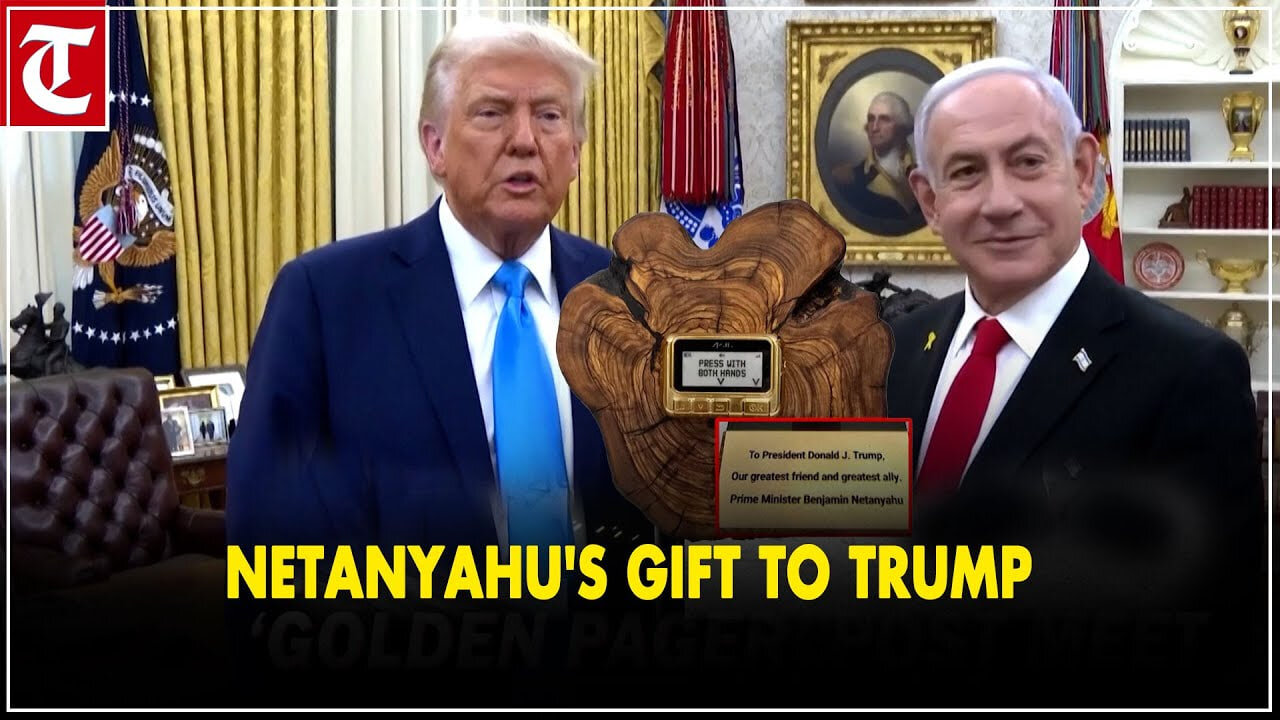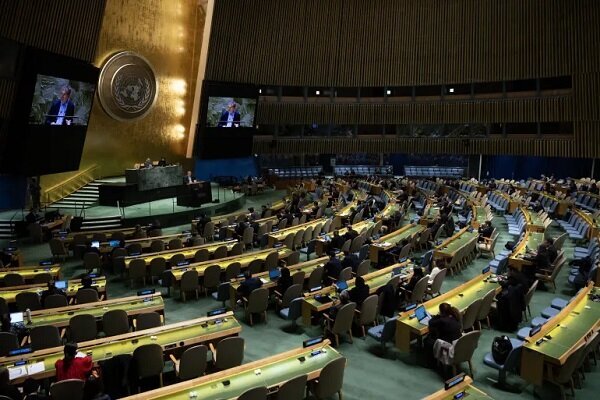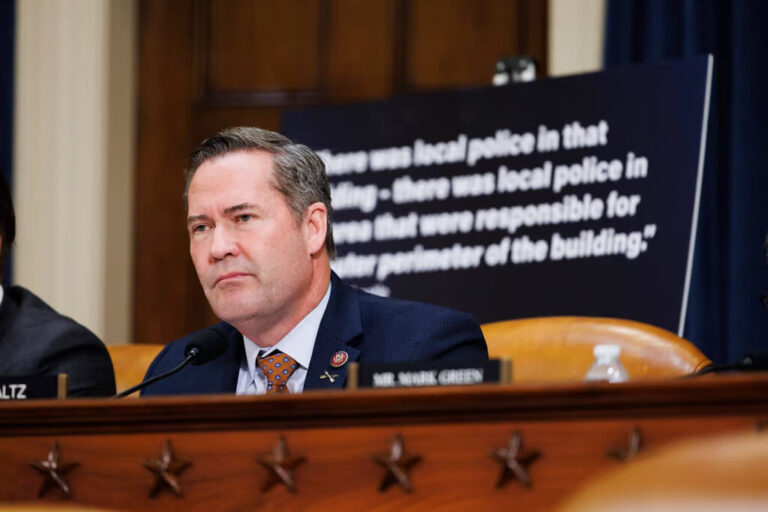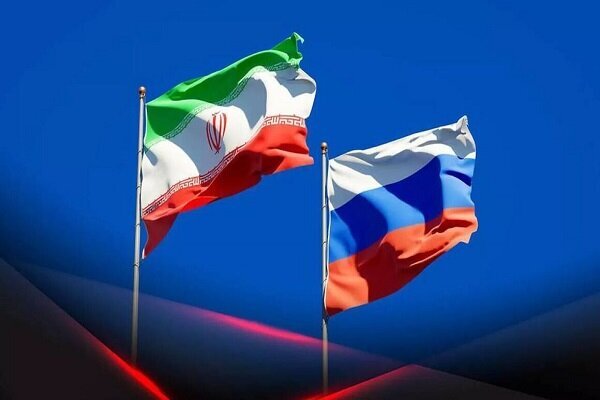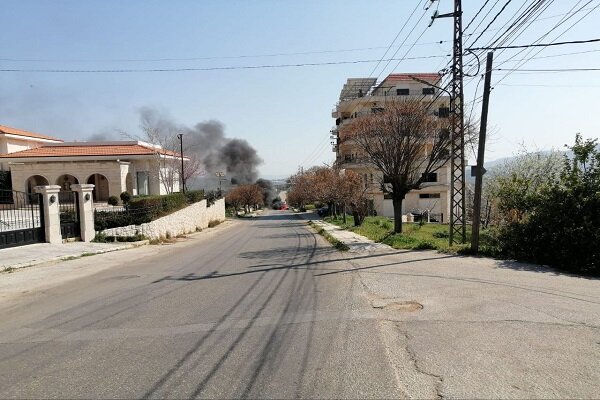Trump’s Golden Pager Gift from Bibi: What It Means for US Relations
In a recent controversial statement, former President Trump remarked, “It was a great operation,” after receiving a golden pager from Israeli Prime Minister Bibi Netanyahu. This comment has sparked outrage and highlighted the ongoing tensions and perceptions of Western barbarism in the Middle East. The incident raises significant questions about the implications of such gestures in the context of long-standing conflicts in the region.
The historical backdrop of Western colonialism has often legitimized the use of extreme measures against civilians, leading to devastating consequences. Over two decades ago, Netanyahu advocated for a cultural war to undermine Islamic values in favor of Western ideals. This ongoing struggle underscores the resilience of the idea of resistance within Middle Eastern cultures.
- Western Perceptions vs. Reality: The notion that acts of violence can be celebrated as a “great operation” when conducted by the West contrasts sharply with the narratives surrounding similar actions taken by resistance movements in the Middle East.
- Historical Context: The cultural and religious identities of the region are deeply intertwined with the concept of resistance, as articulated in various religious texts, including the Holy Quran.
- Manipulation of Ideologies: The enemy’s strategy involves subtly undermining Islamic practices and promoting distractions from core beliefs through consumerism and liberal values.
The essence of this struggle is rooted in the belief that religion and politics are inseparable. Adherence to Islamic principles often translates to rejecting injustice and occupation, which poses a challenge to Western agendas. Efforts to normalize liberal values, as seen in initiatives like the UN 2030 plan and various normalization agreements, aim to dilute these identities.
Historically, figures like Prophet Abraham exemplified resistance to oppression and the unwavering commitment to faith. His refusal to submit to false idols serves as a powerful reminder of the enduring spirit of resistance that characterizes many Middle Eastern cultures today.
Furthermore, the legacy of Prophet Muhammad (PBUH) highlights the importance of community and solidarity in the face of adversity. The “Charter of Medina” symbolizes an early attempt at building a diverse society that upheld mutual defense among different groups, including Muslims and Jews. Unfortunately, historical instances of betrayal have marred these efforts.
Consider the trials faced by Prophets Zechariah and Yahya (AS), who stood against tyranny and immorality within their societies. Their stories illustrate the severe repercussions of standing firm in one’s beliefs, as seen in the tragic fate that befell them at the hands of oppressive rulers.
This historical context elucidates the moral implications of current events. The enduring legacy of Imam Khomeini’s revolution demonstrates that resilience and steadfastness can prevail even in the face of overwhelming hostility. As the region braces for potential resurgence of soft power tactics, including ideological manipulation through media and education, the challenge to maintain cultural integrity remains paramount.
- Media Influence: The proliferation of colonial values through entertainment and education serves to distract and mislead the youth, fostering a culture that may stray from traditional beliefs.
- Double Standards: The selective outrage exhibited by Western nations, particularly in response to regional conflicts, further exacerbates existing tensions.
- Future Generations: Despite attempts to corrupt the youth, many are determined to seek education and technological advancement as a means of resistance and retribution.
As the people of the region navigate these complex dynamics, they face a choice: to succumb to betrayal or to embrace honorable victory and loyalty. The sacrifices of the past, embodied in the struggles against injustice, continue to inspire a commitment to freedom and dignity.
In light of these ongoing challenges, the gesture of Netanyahu presenting a golden pager to Trump only serves to deepen wounds and provoke further reflection on the nature of power dynamics in the region. The stark contrast between the realities of conflict and the celebratory rhetoric surrounding such gestures highlights the need for a more nuanced understanding of the issues at hand.
Ultimately, the message resonates clearly: the legacies of resistance and resilience are far more honorable than any superficial accolades bestowed by those seeking to maintain dominance. As Sayyed Hassan Nasrallah poignantly stated, “Martyr Qassem Soleimani’s shoes are equal to Trump’s head; the just retribution is to expel the Americans from the [West Asia] region.”
